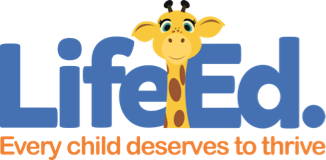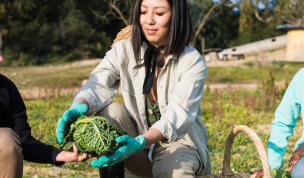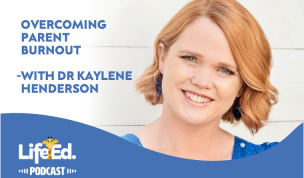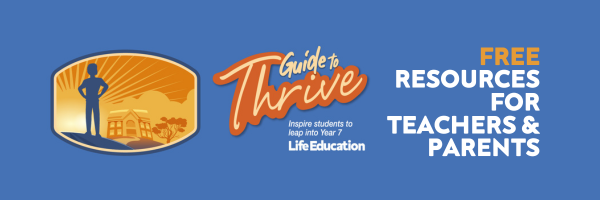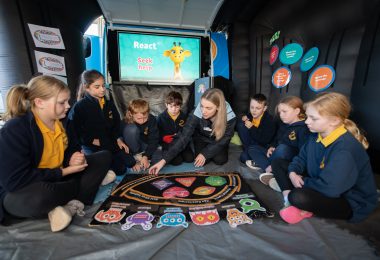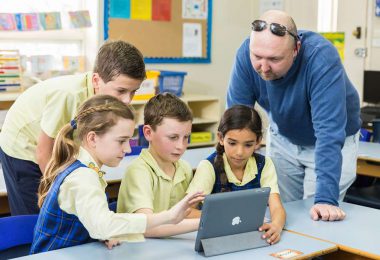Funding for high tech health education
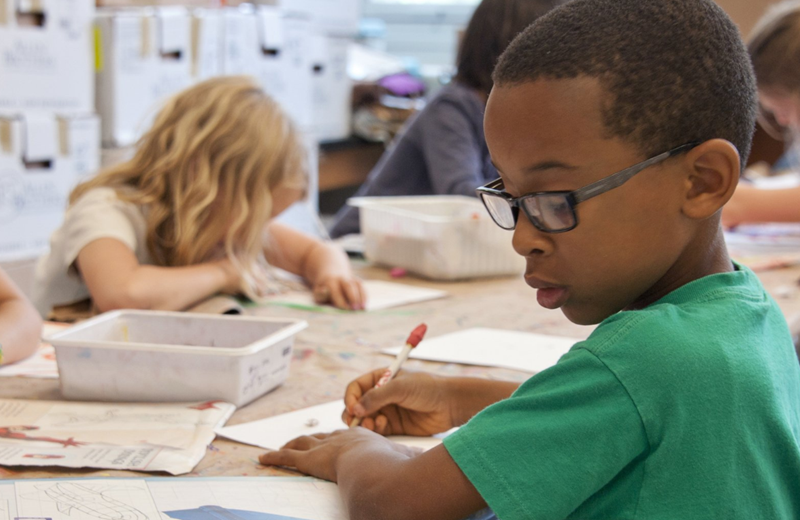
More children across NSW will have access to Life Ed’s high-tech health education, thanks to a $2 million funding boost from the state government.
This month Premier Gladys Berejiklian announced $2 million of funding over the next four years to ensure the Life Ed program reaches more NSW children with an exciting new learning experience.
The funding announcement, which coincides with Life Ed’s 40th year of operation, will support Life Ed NSW’s ‘Healthy Futures’ initiative, and will be used to implement new high-tech teaching software including 3D and augmented reality fly-throughs of the human body; roll out Life Ed’s new innovative learning spaces – pop-up classrooms; and fund new ways to reach remote children through interactive online learning.
Life Ed NSW CEO Kellie Sloane said the funding will enable an exciting and deeper learning experience for more children across the state.
“There is clearly a need for more health education in schools. In NSW sign-ups for our program are at a decade high,” Ms Sloane said.
“As demand from schools increases, this funding is critical to help us reach more children, no matter how remote.”
Speaking at the announcement, which was held at Mulgoa Public School last Friday, NSW Premier Gladys Berejiklian said the funding ensured that children across the state will be able to access important lessons to set themselves up for healthy lifestyles into the future.
“I was so impressed to see the way in which over the past 40 years technology has emerged and changed to help children learn about their bodies, healthy lifestyles, and eating right; setting up those healthy habits for the future. It is so important that there is a platform like Life Ed that reaches students on their level and helps educate them about the choices they will face,” she said.
Education Minister Rob Stokes, who was also at the announcement, said Life Ed was a priceless asset to teachers delivering important lessons on sometimes sensitive issues.
“Life Ed consults with local schools to ensure they cover the topics that may impact that particular school community. The fact that this service is run in conjunction with schools means the lessons have a greater chance of really reaching students,” he said.
